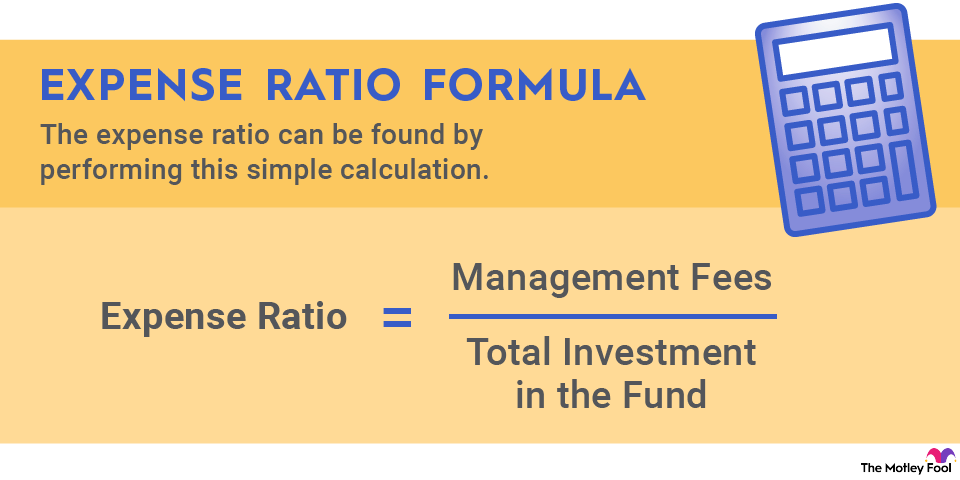Investors have all kinds of tricks up their sleeves when it comes to finding great deals. One of those tricks is hunting for net-net investments. Read on to better understand value investing and net-net meaning.

What is net-net investing?
Net-net investing is a type of value investing play where investors are looking for companies that have liquidation values higher than that of the value of their stocks. So even if they go belly-up, investors are still ahead, which is a great trick.
Net-net investing became popular long before investors had access to the vast amounts of information about companies that they do now, and it became an easy shorthand way to evaluate companies that were often otherwise overlooked. Warren Buffett has even been a net-net investor.
Net-net investing is considered a short-term investment strategy, even though it is regularly used by people who would otherwise describe themselves as value investors.
Net-net versus double net
Net-net investing is frequently confused with "double net," which is another important term for some investors. However, the two couldn't be more different in meaning, even if they look the same on the surface.
Net-net investing involves buying an undervalued stock for less than its liquidation value; "double net" is a common lease for real estate investment trust (REIT) investors to encounter. In a double net lease, the tenants pay their rent plus their portion of the property taxes and insurance on the portion (or entire) building they've leased.
How to perform a net-net calculation
Determining whether or not a company is a good target for a net-net strategy is pretty simple if you have a short list of companies. All you need is the current stock price of the company, the value of its current assets, the value of its total liabilities, and the total number of shares it has issued.
Liquidation
When you divide the current assets minus the total liabilities by the number of shares, then multiply by 66%, you'll get a conservative estimate of what the value of the company should be if it were liquidated tomorrow. As long as the stock price is less than that number, you're gold. Buy the stock if you think it's safe to do so.
The formula is ( (Current Assets - Total Liabilities) / Number of Shares ) x 0.66. If this number is greater than the current stock price and you're confident it's a good deal, then buy -- simple as that. Be ready to sell when the stock price experiences a big bump.
Related investing topics
What kind of investors is net-net useful for?
Net-net calculations are useful for value investors who are looking for short-term wins, as well as people with mixed portfolios who dabble in low-value stocks. Generally, you're going to find these stocks among the more beaten-down listings, if they're listed at all. Although many stocks in this category are often on their last leg, just because Wall Street is betting against you doesn't necessarily mean you're wrong. There are lots of ways to win in the markets.
As long as you've got the money to spare if the stock experiences a notable and unexpected downturn, you can generally wait out a net-net investment until it experiences a particularly good day or a good run and then cash out. Make sure to figure in the tax you'll pay on the gain when you're determining the price point for exiting the investment, and pay close attention to the way your net-net stock's price is changing because your window to sell can be small.



















